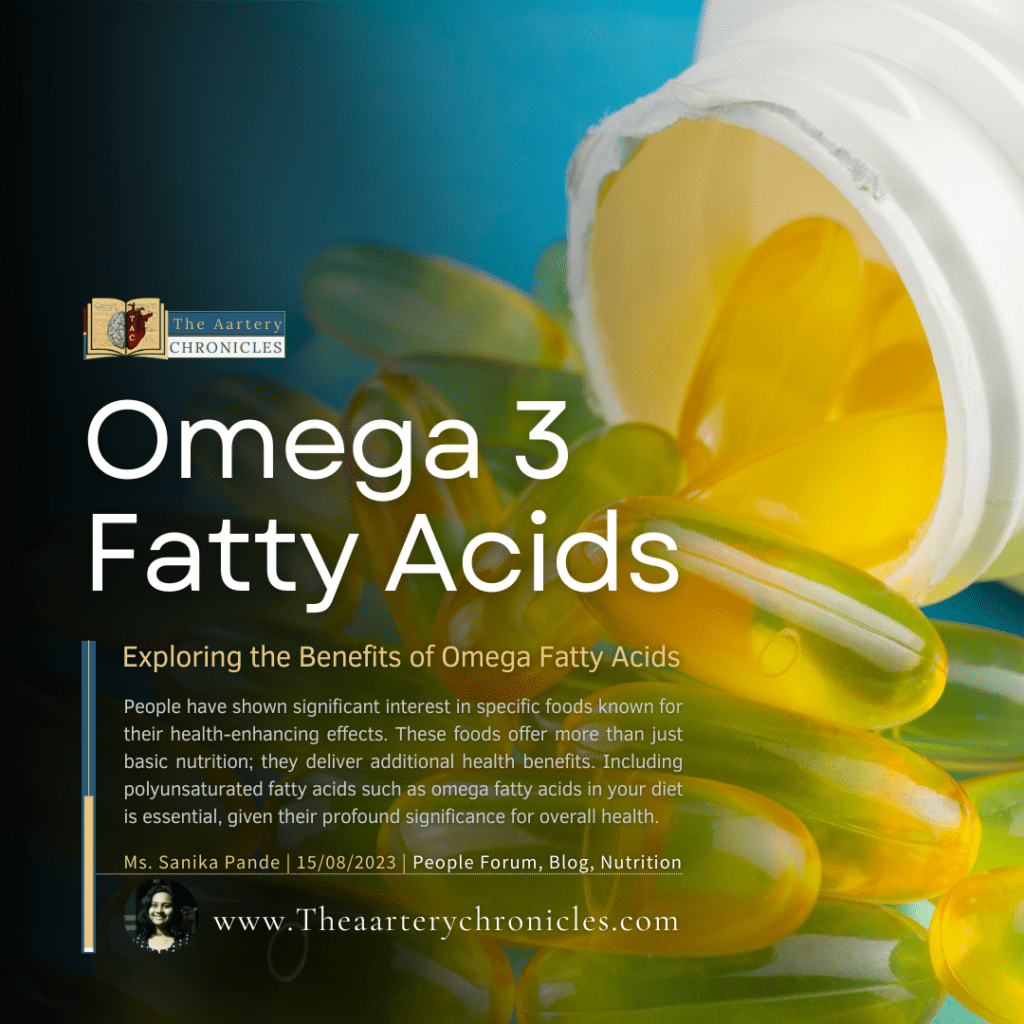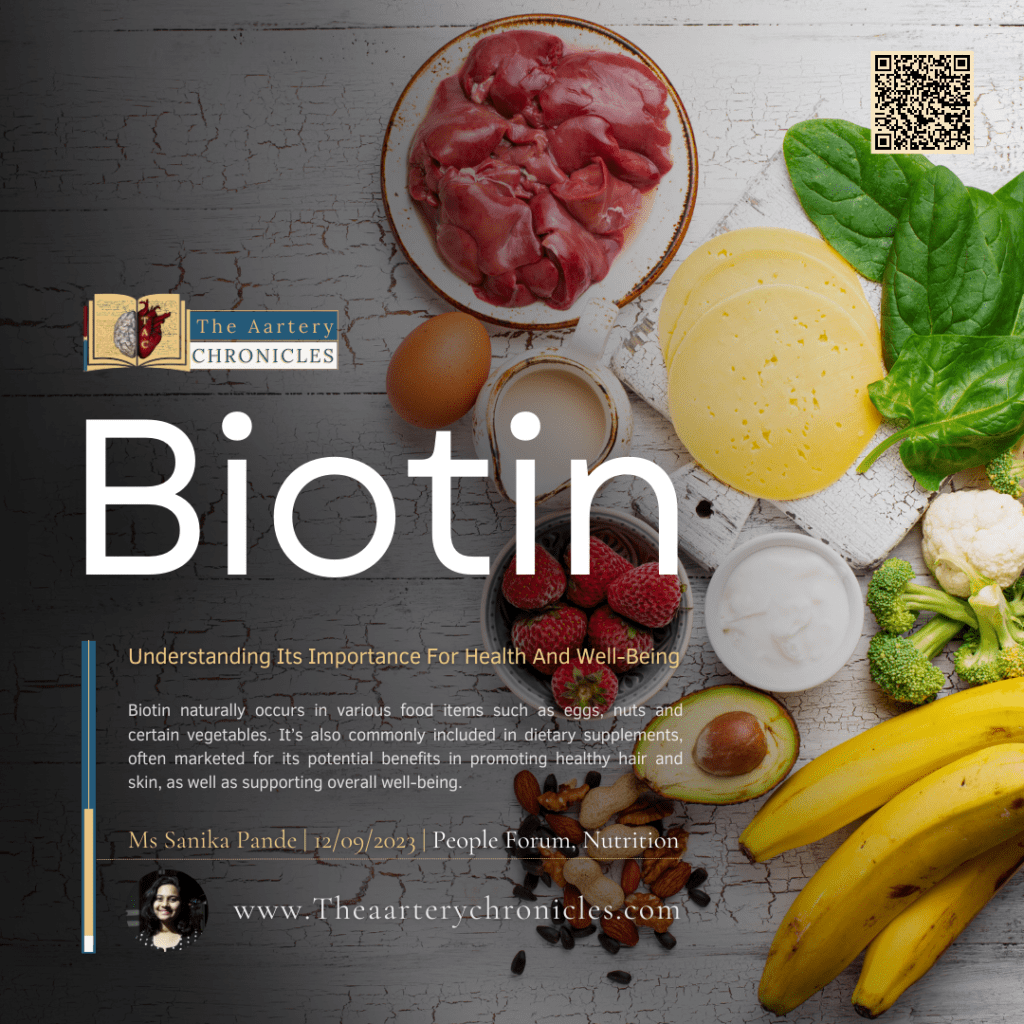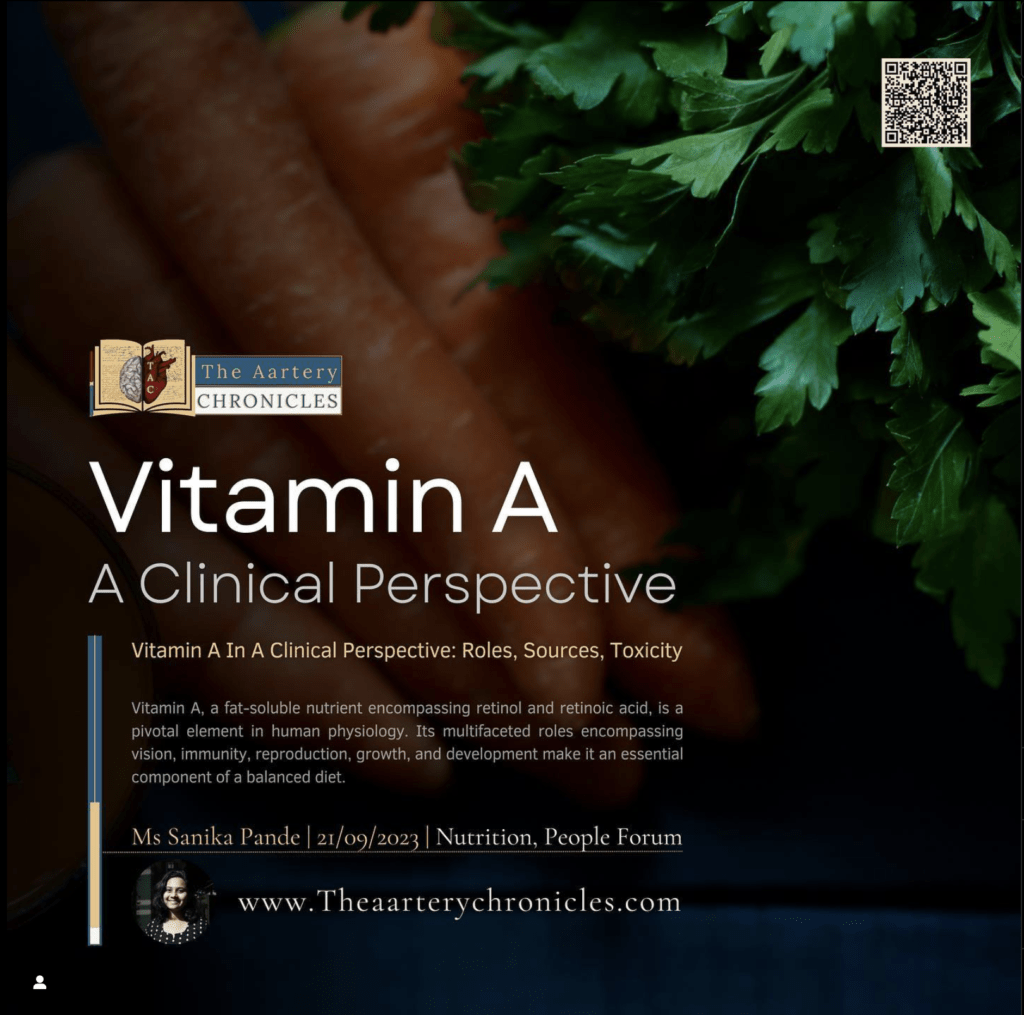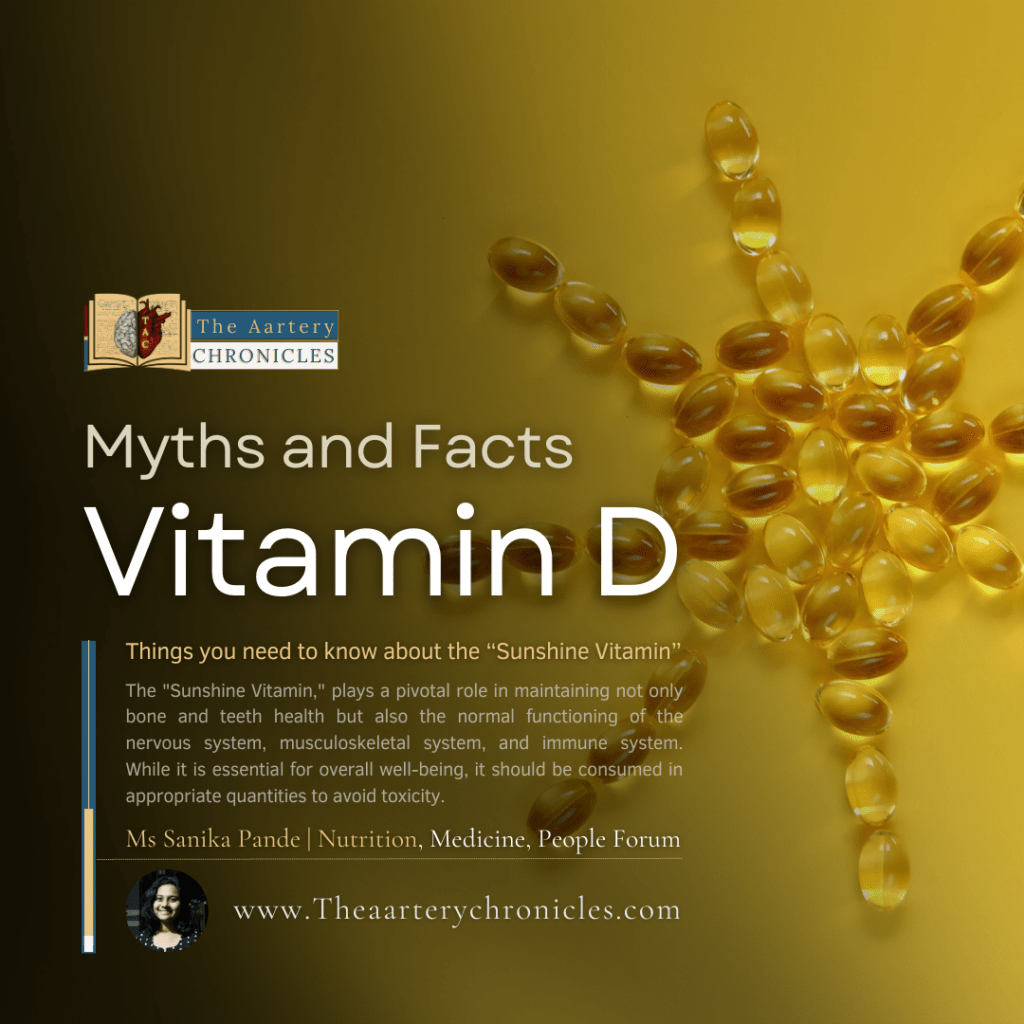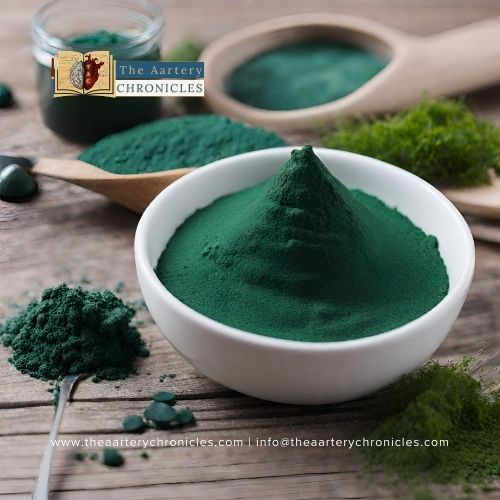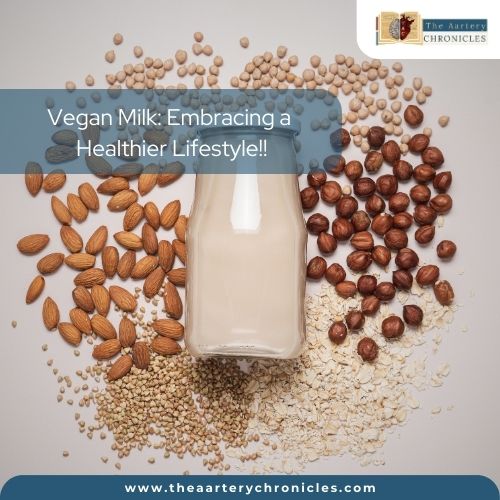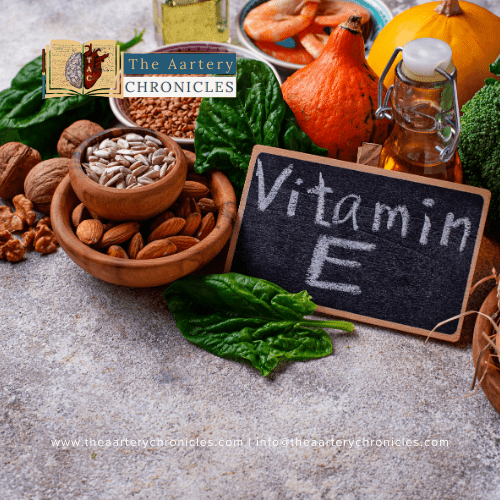
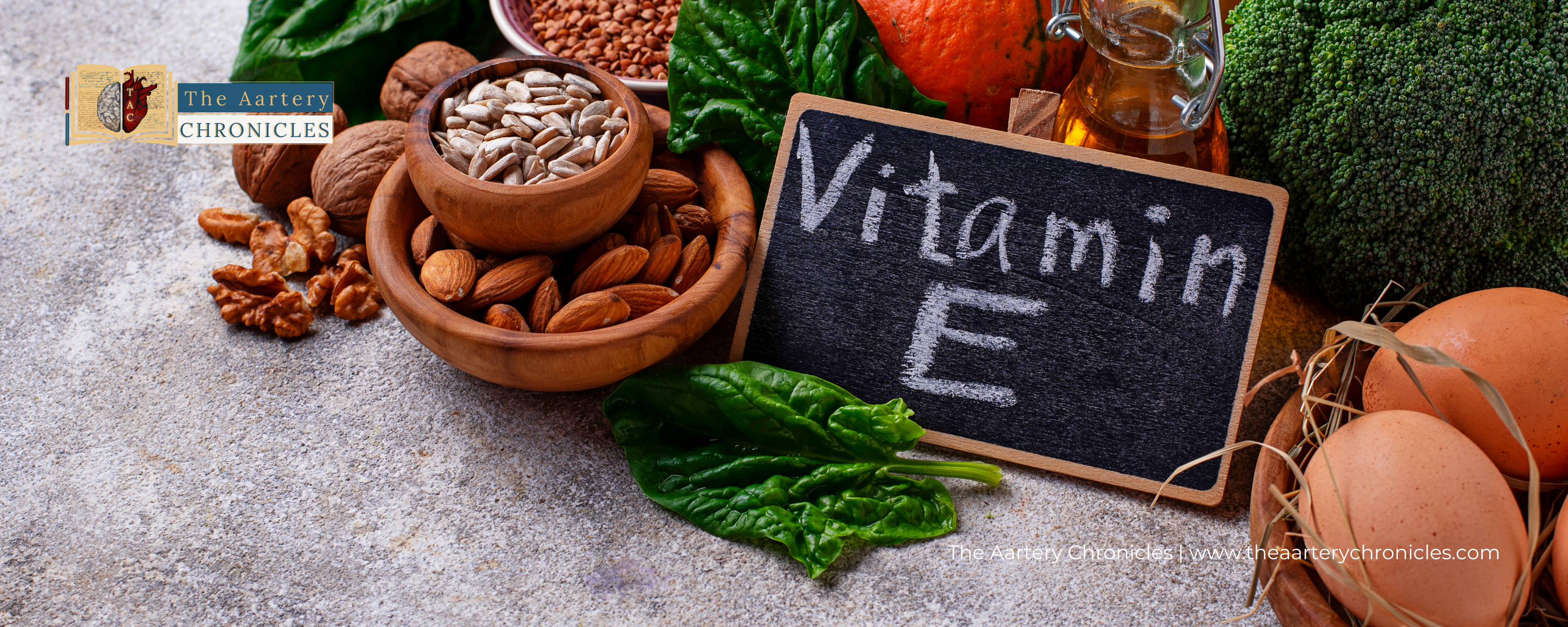
Vitamin E: Benefits, Sources, Deficiency and More...
In the realm of essential nutrients, Vitamin E stands as a guardian of health, comprising a group of eight fat-soluble compounds, with alpha-tocopherol being the star of the show. These compounds collectively perform a symphony of functions that are crucial for the human body. Among its myriad roles, Vitamin E is celebrated for its antioxidant prowess, acting as a shield against the detrimental effects of free radicals. In this comprehensive guide, we will delve into the multifaceted functions, abundant sources, deficiency signs, and the careful navigation of Vitamin E supplementation.
The Functions of Vitamin E
Boosting Immunity: A Robust Defense Against Bacteria and Viruses
Vitamin E emerges as a stalwart defender of the immune system, fortifying it against the relentless onslaught of bacteria and viruses. By bolstering the body’s immune responses, it helps us stand resilient in the face of various pathogens.
Enhancing Vitamin K Absorption: Facilitating Blood Clotting and Bone Health
In its lesser-known role, Vitamin E acts as a backstage manager, facilitating the absorption and utilization of Vitamin K. This is pivotal for proper blood clotting and maintenance of strong, healthy bones.
Stimulating Red Blood Cell Production: Oxygen Transport Optimized
The red carpet rolls out for Vitamin E when it comes to stimulating the production of red blood cells. These cells are the life force behind oxygen transport throughout the body, ensuring every cell receives its vital dose.
Ageing and Skin Health: The Fountain of Youth?
Vitamin E’s antioxidant and anti-inflammatory properties have earned it a special place in the realm of skincare. It battles against the relentless march of time and the onslaught of skin disorders, bestowing a youthful glow and resilience to ageing skin.
Hair Health
Though scientific literature on Vitamin E’s direct impact on hair health is still in its infancy, it is believed to counteract oxidative stress, often associated with hair ageing. While more research is needed, the potential benefits make it a contender in the realm of hair care.
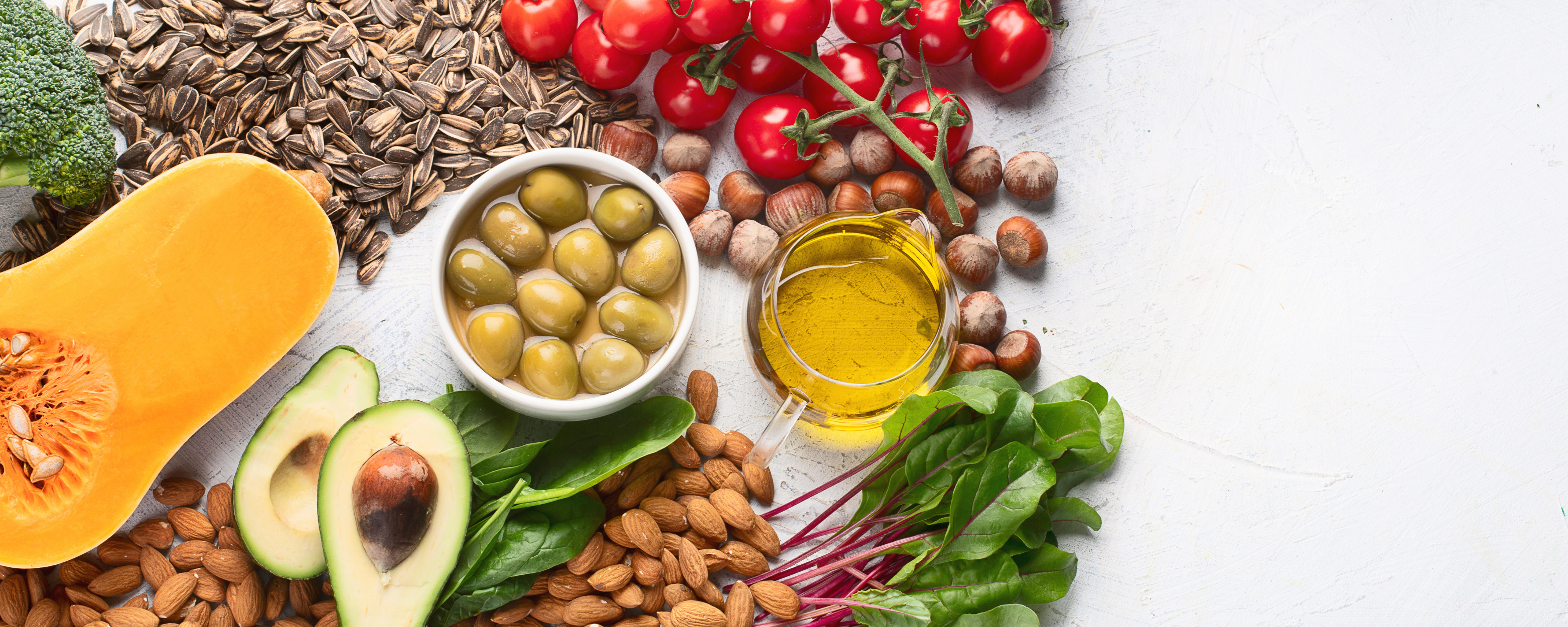
Sources of Vitamin E
Almonds: A Superfood for the Ages
Almonds, besides being a delectable snack, pack a nutritional punch, offering approximately 25.63mg of Vitamin E per 100g. These mighty nuts are not only rich in Vitamin E but also provide ample protein and fibre.
Avocados: Nutrient-Rich Green Gold
Avocados, celebrated for their creamy texture and healthy fats, are an excellent source of Vitamin E, providing about 2.07mg per 100g. They’re a nutritional powerhouse, delivering a spectrum of essential nutrients.
Swiss Chard: The Verdant Elixir
Swiss chard, with its vibrant colours and earthy flavour, not only offers vitamins A and C but also boasts 1.89mg of Vitamin E per 100g. Additionally, it’s loaded with minerals like magnesium and potassium.
Sunflower Seeds: A Crunchy Delight
Sunflower seeds, a popular snack choice, are enriched with fibre, zinc, and potassium, making them an ideal companion for on-the-go nutrition. Alongside these nutrients, they offer a healthy dose of Vitamin E.
Beet Greens: The Unsung Heroes
Don’t discard those beet greens! They are a fantastic source of iron and calcium, and they also contain approximately 1.81mg of Vitamin E per 100g. Incorporating them into your diet can be a nutritious choice.
Other notable sources of Vitamin E include spinach, butternut squash, trout, peanuts, and oils like rice bran and safflower. However, it’s crucial to remember that a diet rich in Vitamin E is most effective when it also includes adequate levels of Vitamin C, B3, and selenium to complement its actions.
Recommended Intake and Deficiency
For individuals above 14 years, the daily recommended intake of Vitamin E is approximately 15mg, with lactating women possibly needing up to 19mg. It’s important to note that the digestive system requires some dietary fat for effective Vitamin E absorption. Conditions such as cystic fibrosis, Crohn’s disease, and certain genetic disorders can hinder fat digestion, potentially affecting Vitamin E absorption. Common signs of Vitamin E deficiency include muscle weakness, vision issues (such as retinopathy), a weakened immune system, peripheral neuropathy, and ataxia.
Supplements: Proceed with Caution
In the quest for optimal health, many turn to supplements, including Vitamin E. However, it’s imperative to approach these supplements with caution. Different forms of Vitamin E supplements are available, each with varying amounts of the vitamin. Since there are eight distinct forms of Vitamin E, selecting the right one to meet your nutrient requirements is crucial for ensuring maximum benefits.
It’s important to note that overusing Vitamin E supplements can lead to toxicity, potentially resulting in health issues such as haemorrhagic stroke, an increased risk of developing cancer, fatigue, diarrhoea, and nausea. The rising trend of consuming Vitamin E supplements for skin and hair health is understandable, but it’s crucial to remember that such supplementation should be reserved for cases where a deficiency has been confirmed through proper medical evaluation.
Conclusion
Vitamin E, with its multifaceted functions and abundant sources, is a vital component of a healthy diet. It acts as a guardian of health, defending against oxidative stress and supporting immune function. While a well-balanced diet typically provides sufficient Vitamin E, supplements should be approached with caution and under the guidance of healthcare professionals. By understanding the role of Vitamin E and incorporating it wisely into your dietary choices, you can unlock its full potential for your overall well-being.
Note: The information provided here is for educational purposes and should not replace professional medical advice. Consult with a healthcare professional before making significant dietary changes or starting any supplement regimen.

Author: Ms Sanika Pande

